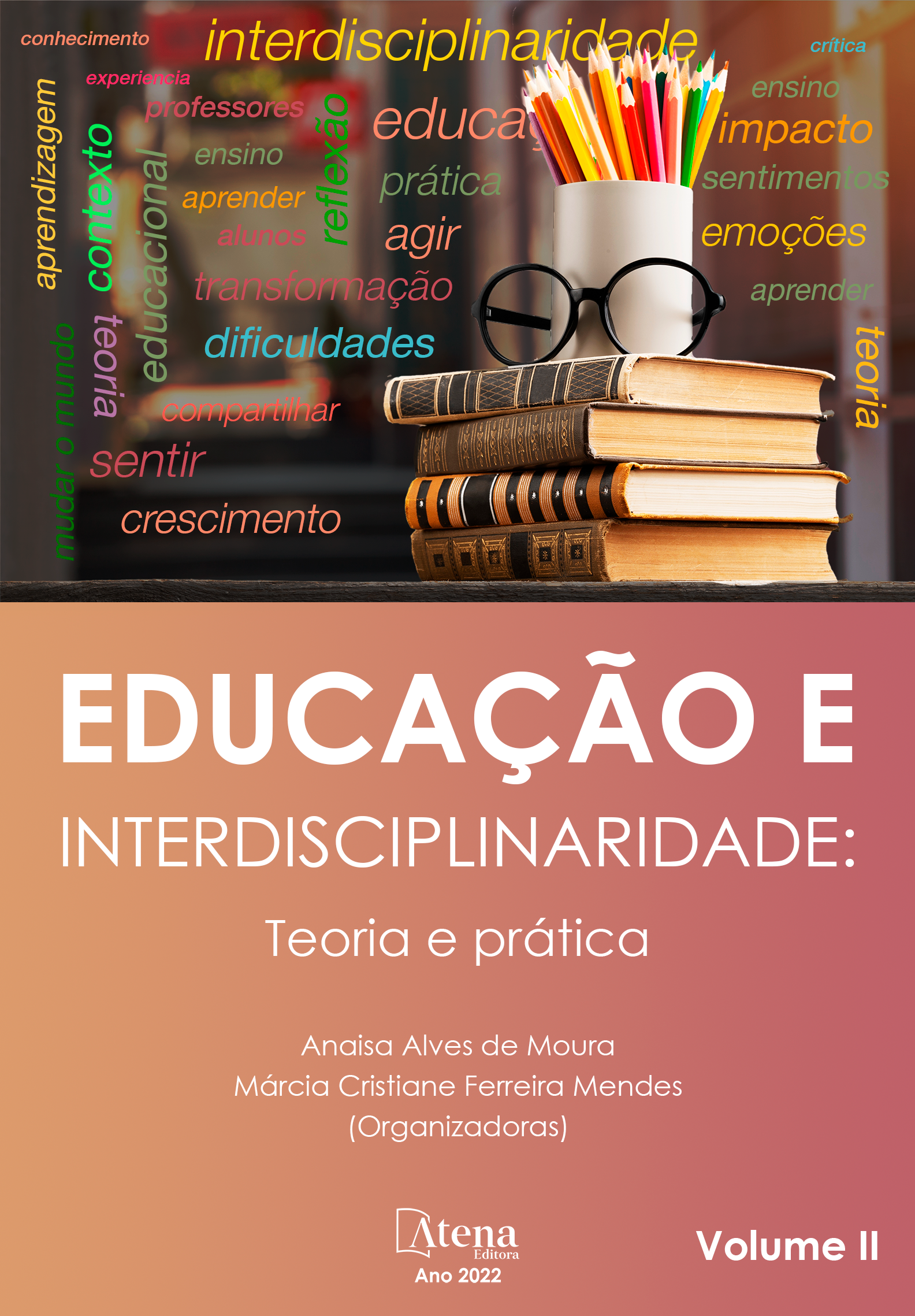
O LUGAR DAS CRIANÇAS NOS PROCESSOS PARTICIPATIVOS E TOMADAS DE DECISÃO NUMA UNIDADE DE EDUCAÇÃO INFANTIL NO MUNICÍPIO DE VITÓRIA/ES
As crianças, enquanto cidadãs de direito, indivíduos únicos e singulares, seres históricos e sociais, produtoras de cultura, precisam ter espaços de participação garantidos no contexto escolar. Pensando nisso, este estudo propõe reafirmar a importância da participação infantil nas tomadas de decisão de uma instituição, promovendo, assim, a gestão democrática. Gestão que reforça a necessidade de ouvir as crianças, atentando para os assuntos que lhes dizem respeito, além de nos desafiar a refletir sobre as formas de participação da criança e sobre todos os assuntos relacionados a ela. Nossa intenção foi perceber como essa participação ocorre no cotidiano de um Centro Municipal de Educação infantil em Vitória/ES. Para isso, o estudo fundamenta-se nas contribuições teórico-metodológicas da Sociologia da Infância, que concebem as crianças como (co) responsáveis por suas infâncias e as consideram agentes ativos que constroem suas próprias culturas (CORSARO, 1997; SARMENTO, 2007; MÜLLER, 2009; CARVALHO, 2009). Considerando a natureza qualitativa da pesquisa, objetivou-se descrever a complexidade de uma determinada hipótese ou de um problema, identificando os processos dinâmicos experimentados por diferentes grupos sociais (BOGDAN e BIKLEN, 1994). Como método, trata-se de um estudo de caso que priorizou a participação da criança através da escuta efetiva de sua voz em contextos da educação infantil. Escutá-la tornou-se um processo singular, construído por cada sujeito envolvido na pesquisa, a partir das vivências que foram sendo edificadas gradativamente, através de rodas de conversa, interações e brincadeiras. Conclui-se que as crianças, como autoras e produtoras de cultura, não se intimidam frente à visão adultocêntrica que se interpõe à sua condição ilimitável em ser inventiva. Pelo contrário, ao se tornarem protagonistas na escola, as crianças exercem sua cidadania, constroem suas próprias culturas e nos permitem entender e/ou se aproximar um pouco do que significa ser criança.
O LUGAR DAS CRIANÇAS NOS PROCESSOS PARTICIPATIVOS E TOMADAS DE DECISÃO NUMA UNIDADE DE EDUCAÇÃO INFANTIL NO MUNICÍPIO DE VITÓRIA/ES
-
DOI: 10.22533/at.ed.63722150817
-
Palavras-chave: Participação; Criança; Educação Infantil; Democracia; Direitos.
-
Keywords: Participation; Kid; Child education; Democracy; rights.
-
Abstract:
Children, as citizens of rights, unique and singular individuals, historical and social beings, producers of culture, need to have their spaces of participation guaranteed in the educational context. With this in mind, this study proposed to reaffirm the importance of children's participation in the school decision-making process, thus promoting democratic management, which requires listening to children about issues that concern them. Such understanding challenges us to reflect on the forms of child participation and on all matters related to the children's universe. Our intendention was to understand how the participation of children occurs in the day-to-day of a public early childhood education center in Vitória/ES. The research is based on the theoretical-methodological contributions of the Sociology of Childhood, which conceive children as (co)responsible for their childhood and consider them agents of change who build their own culture (CORSARO, 1997; SARMENTO, 2007; MÜLLER 2009; CARVALHO, 2009). In this sense, this study is characterized as a qualitative research, as it aims to describe the complexity of a given hypothesis or problem, identifying the dynamic processes experienced by different social groups (BOGDAN and BIKLEN, 1994). As a method, it is a case study that prioritized the child's participation through the effective listening of his/her voice in early childhood education contexts. Listening to children became a unique process, experienced by each subject involved in the research, gradually built from experiences, conversation circles, interactions and games. We conclude that children, as authors and producers of culture, are not intimidated by the adult-centric vision that may interfere their unrestricted inventive condition. On the contrary, when they become protagonists at school, they exercise their citizenship, build their own cultures and allow us to understand or, at least, get a little closer to what it means to be a child.
-
Número de páginas: 13
- Dayselane Eduardo Bianchini
- Jucilene Pimentel Moreira Brandemburg
- Maria Aparecida Rodrigues da Costa Santos
- Anaisa Alves de Moura


